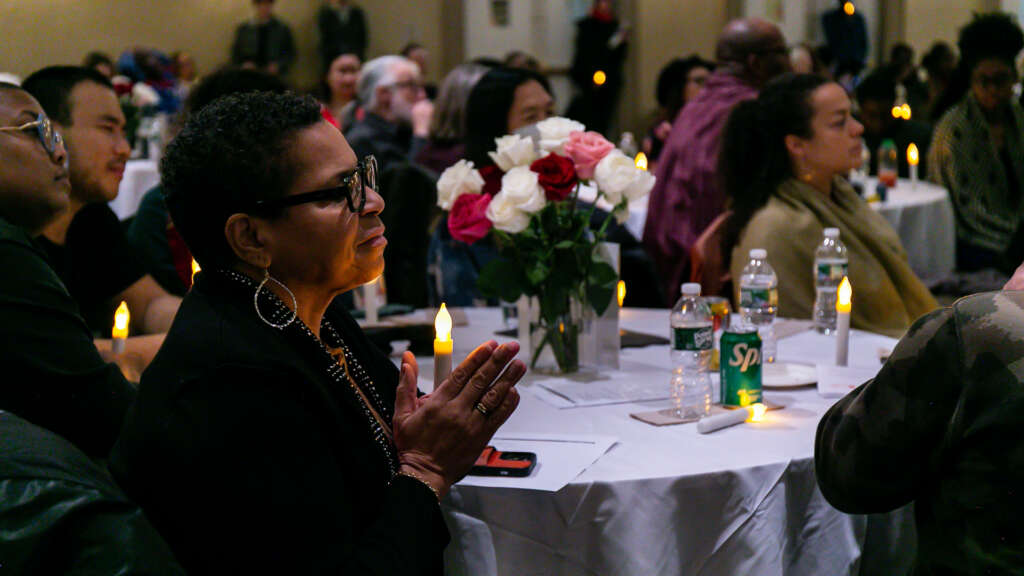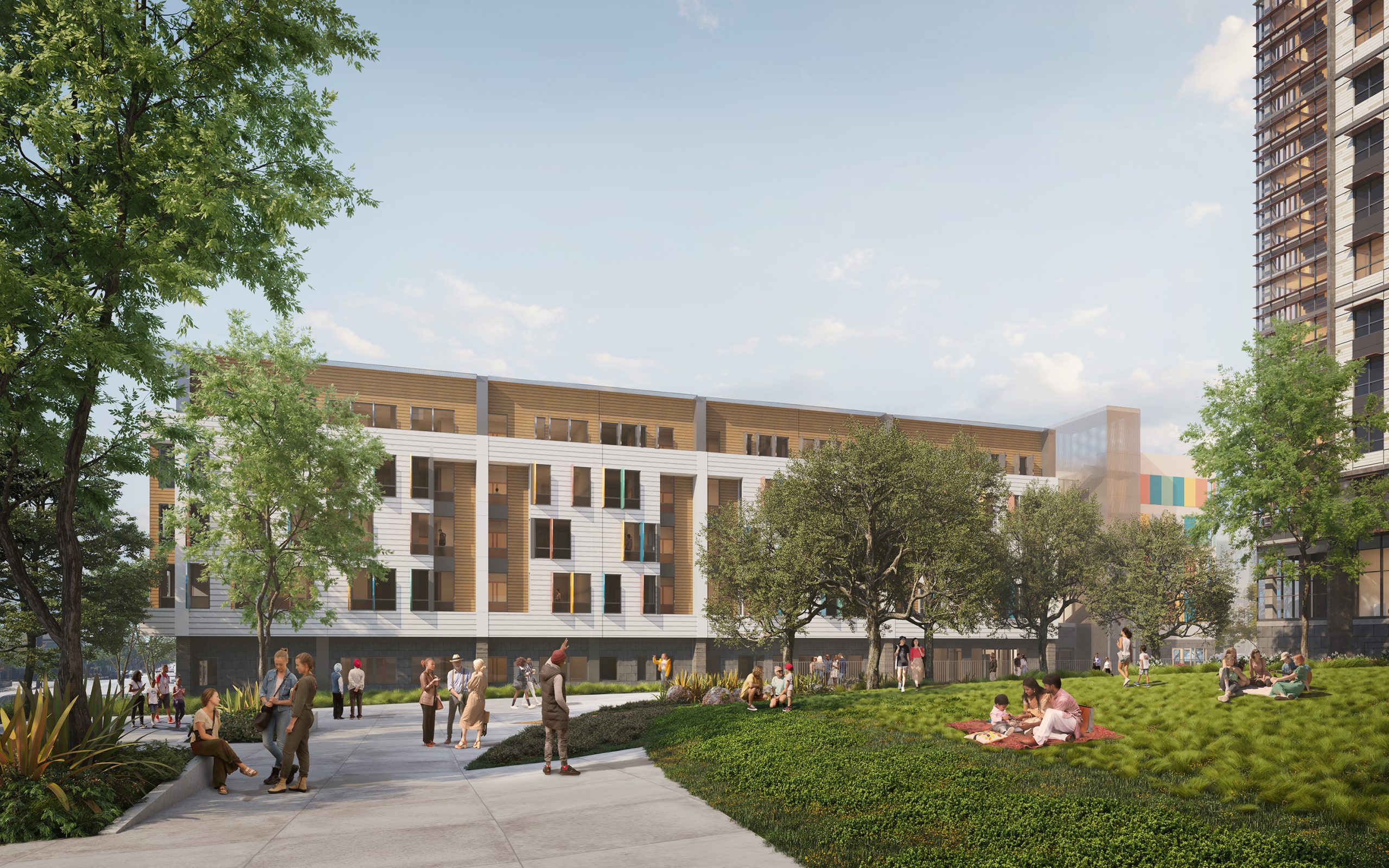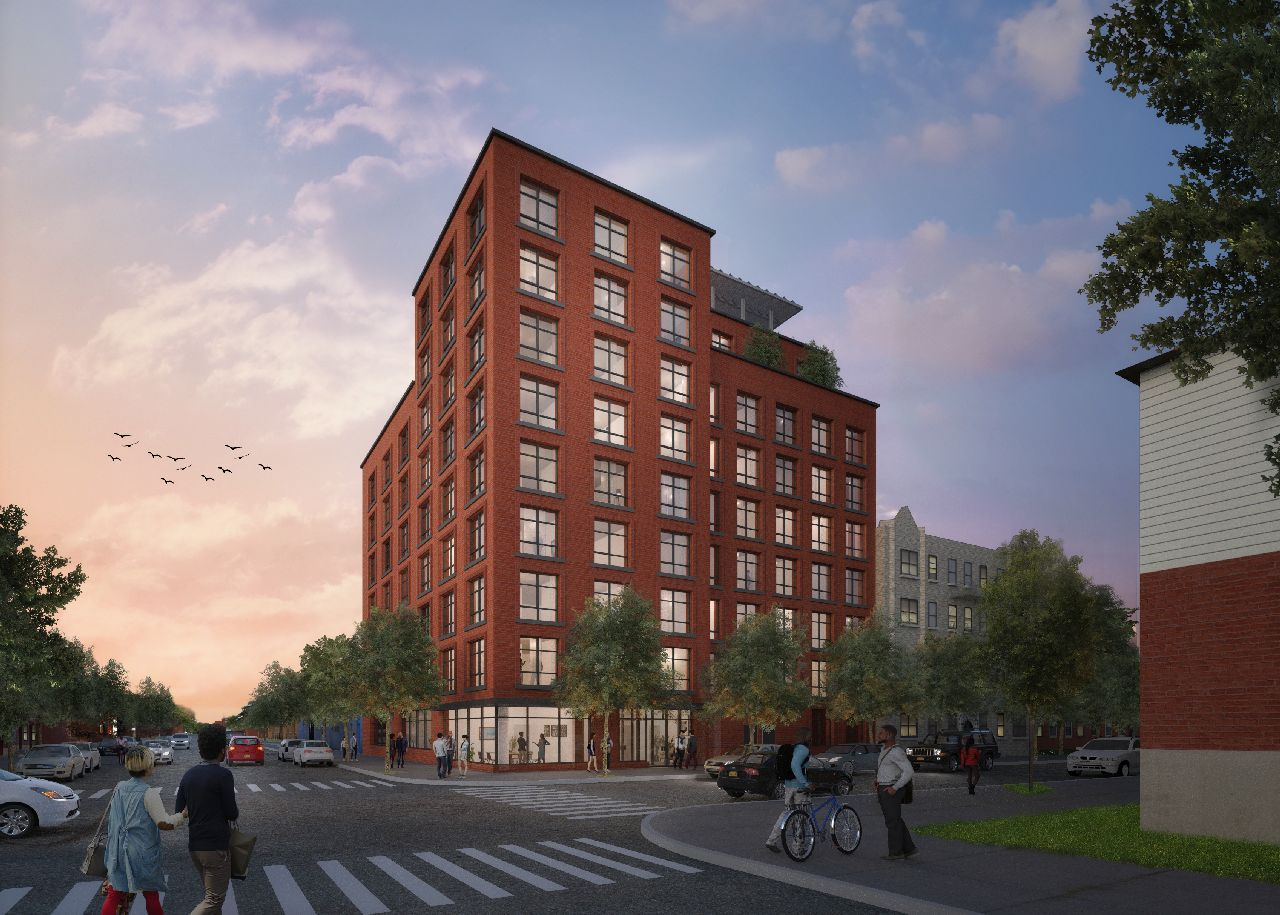#supportive-housing
#supportive-housing
[ follow ]
#homelessness #affordable-housing #mental-health #student-housing #peoples-park #new-york-city #uc-berkeley
fromwww.mercurynews.com
1 month agoShare the Spirit: For children exiting foster care, this nonprofit offers a critical lifeline
The organization began in 1997, when Amy Lemley and Deanne Pearn, two graduate students at Berkeley, realized that young people transitioning out of foster care had little in the way of public support. They were literally dropped off on a corner or at a homeless shelter with a garbage bag of belongings, and that was it, said Jayme Catalano, First Place for Youth's communications director.
California
Public health
fromThe Mercury News
1 month agoShare the Spirit: Goodness Village helps the formerly homeless rebuild their lives
A Livermore nonprofit supportive housing community, Goodness Village, helps formerly homeless residents with health, mental health, and employment supports to regain stability and housing.
fromKqed
1 month agoUC Berkeley's Affordable Housing Project at People's Park Finally Has a Developer | KQED
"This project has been in development since 2018, when our former Chancellor, Carol Christ, really took the initiative to create a new vision and future for People's Park," UC Berkeley spokesperson Kyle Gibson said. "Through an extensive amount of community engagement and planning, [we] put together a very comprehensive plan to really meet the needs of the community. The nonprofit developer will now finalize the project's plans and will present them to the university."
East Bay real estate
fromApartment Therapy
2 months agoWhat Moving Into LGBTQIA+ Senior Housing Taught Me About Belonging and Safety
Eighteen months ago, I moved into Oak Lawn Place, an apartment building for low-income, 55 and over, predominantly LGBTQIA+ elders in Dallas, Texas. There are 125 people currently living here (with 81 one-bedroom and three two-bedroom units) with a core group of 40, myself included, that are active in community events.Just yesterday I looked around the community room at tables of people eating lunch, and I was amazed at how people who used to be strangers now felt like a community - my community.
LGBT
fromKqed
2 months ago'It's Devastating': More Than $100M for Housing Homeless at Risk Under New HUD Policy | KQED
Nurse Julianne Vidal takes vitals for Brandon Radford, 80, in his room at Oak Days, a permanent supportive housing program in a former hotel in Oakland, on May 22, 2024. Advocates for people experiencing homelessness fear this kind of housing could lose funding under federal guidelines released this month. (Beth LaBerge/KQED)
US politics
from48 hills
3 months agoDorsey wants to block city funding for supportive housing that isn't drug-free - 48 hills
The idea is simple, and supported by decades of research and data: It's almost impossible to address addiction issues if you're living on the streets. Requiring total sobriety as a condition of housing just makes the homeless crisis worse. As Dorsey freely admits, many people facing addiction issues relapse, and require multiple efforts to reach sobriety. That's much easier to handle when you have a roof over your head.
California
fromKqed
3 months agoNewsom's Veto of Sober Housing Bill Sparks a Backlash in SF | KQED
"If you know you need to get off of and away from drugs, you shouldn't be forced into housing where drug use is allowed and where recovery is not supported," he said. "Some folks won't go into housing because they know that it actually is dangerous for them because they're still experiencing an addiction. ... This isn't about having zero tolerance to drug use. It's about having environments where recovery is explicitly supported, and that is the goal."
SF politics
fromwww.cbc.ca
3 months agoToronto ER costs, visits by frequent patients reduced with new housing model | CBC News
He was a perfect example of what health officials have long called "frequent flyers": patients, usually homeless, who visit the emergency department or get admitted to hospital an inordinate number of times. When Dr. Andrew Boozary and his team at Toronto's University Health Network looked deeper into the issue, they discovered that about 100 patients accounted for more than 4,500 emergency department visits in one year.
Canada news
New York City
fromBronx Times
4 months agoCity Council approves Just Home housing project despite objections from Mayor Adams, Council Member Marmorato - Bronx Times
City Council approved a 99-year sublease for Just Home supportive housing at Jacobi, creating 82 apartments for formerly incarcerated people despite local and mayoral opposition.
fromBrooklyn Paper
5 months agoMan found dead with head trauma at Dumbo supportive housing site * Brooklyn Paper
Detectives have launched a murder investigation into the death of a man in his 40s who was found with blunt force trauma to the head on Monday morning inside a DUMBO apartment building that is comprised largely of supportive housing. Officers from the 84th Precinct responded at approximately 5:52 a.m. on Aug. 25 to a 911 call reporting an unconscious and unresponsive man inside an apartment at 90 Sands St., finding the victim with trauma to the head. Paramedics pronounced him dead at the scene.
Brooklyn
Miscellaneous
fromNew York Amsterdam News
5 months agoBill would allow incarceration to count toward supportive housing eligibility
Counting time spent in prison, jail, or court-mandated medical detention toward homelessness eligibility allows long-incarcerated, homeless individuals to qualify for city-funded supportive housing.
Non-profit organizations
fromLos Angeles Times
8 months agoFailure of Skid Row landlord 'canary in the coal mine' for other homeless housing in Los Angeles, report says
The collapse of Skid Row's largest housing provider signals urgent reevaluation of supportive housing in Los Angeles.
Inadequate funding and structural issues threaten the future of supportive housing for vulnerable residents.
Toronto startup
fromwww.cbc.ca
8 months agoWillowdale housing project for homeless seniors underway after years of community pushback, delays | CBC News
The modular housing project for seniors in Toronto's Willowdale is finally underway after delays, aiming to provide 59 supportive units.
The project addresses homelessness among seniors by offering affordable living with necessary support services.
[ Load more ]















